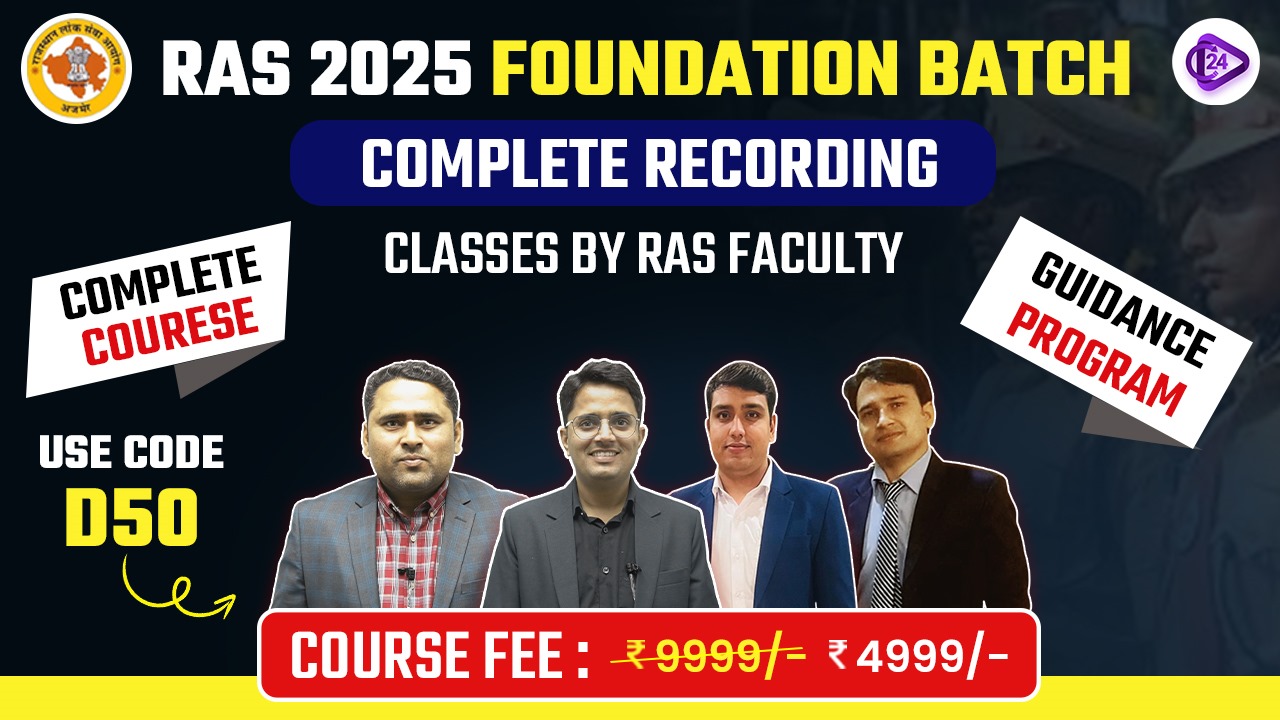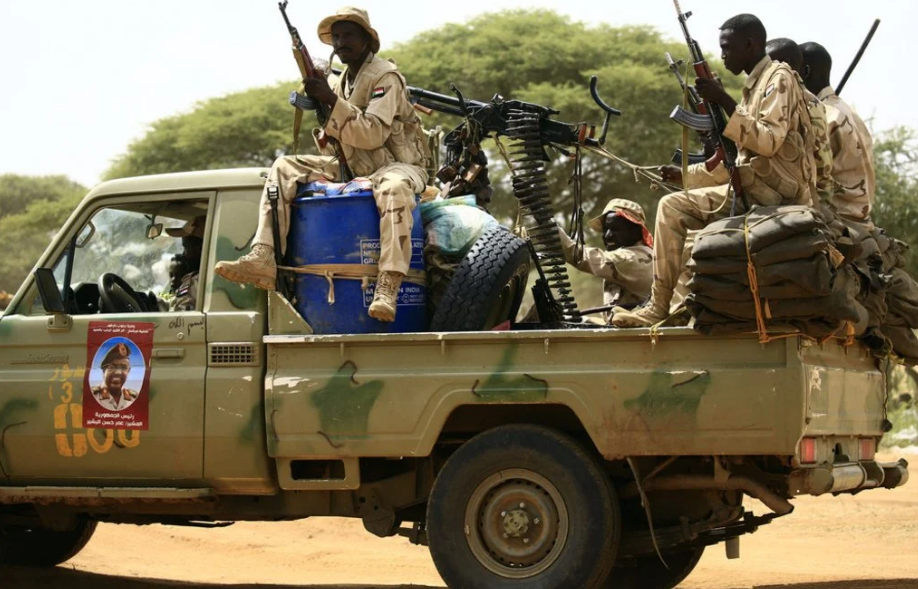
Sudan has accused the UAE of using its equipments: armored vehicles with French systems in the ongoing civil war, according to a report by Amnesty International. This revelation triggers question marks whether there has been a violation of the United Nations decided ban on supplying arms to the Sudan, which was supposed to stop supply of arms likely to fuel the conflict. It is N. 100 military pick-ups and it claims that the said vehicles have been used by the RSF against the SAF and expanded the human suffering calamity in the Sudanese region.
The conflict in Sudan began in April 2023, and to this date has forced millions out of their homes and caused more than twenty thousand fatalities. The people have mostly suffered the consequences of the conflict and have been left stranded with no access to basic needs like food and water, warring parties have also destroyed infrastructures during the violence. The war has its causes in a struggle between the SAF with its leader General Abdel Fattah al-Burhan and the RSF headed by General Mohamed Hamdan Dagalo. Although the conflict started as a political conflict it has now developed into a civil crisis that has led to war in the nation.
Amnesty International report occurs when French-made Galix systems have been used, making France also answerable for the provision of arms. Amnesty has urged the French government to end the sale and exportation of these systems to the UAE, which has denied providing the vehicles to the RSF. This situation has captured concerned over the implementation of international arms embargo and the ability of the international community in charging nations who fuel conflicts.
Alas, Sudan can describe in detail the impact of the transfer of arms and shortcomings of international mechanisms in carrying out their decisions. It also points to the need for a multi-stakeholder approach in the fight to resolve the humanitarian situation and enforce of the laws that relate to the same.
Exam Relevance: This topic is of relevance significantly to the GS Paper II ; specially the section that deals with international relations where role of international organisations, effect of civil wars, and implementation of arms embargoes etc are discussed in detail. It also dwells on questions related to international responsibility, international law, and ethical dilemmas of arms trade, so it is useful for preparing for the essay part in competitive examinations and for interviews.




 Hamas Confirms Death of Military Leader Mohammed Deif Following Israeli Airstrike
Hamas Confirms Death of Military Leader Mohammed Deif Following Israeli Airstrike India Showcases Cultural Heritage at FITUR 2025 Travel Fair in Madrid
India Showcases Cultural Heritage at FITUR 2025 Travel Fair in Madrid Ireland Appoints Micheál Martin as New Prime Minister
Ireland Appoints Micheál Martin as New Prime Minister Stargate Project: $500 Billion AI Infrastructure Initiative for U.S. Technological Dominance
Stargate Project: $500 Billion AI Infrastructure Initiative for U.S. Technological Dominance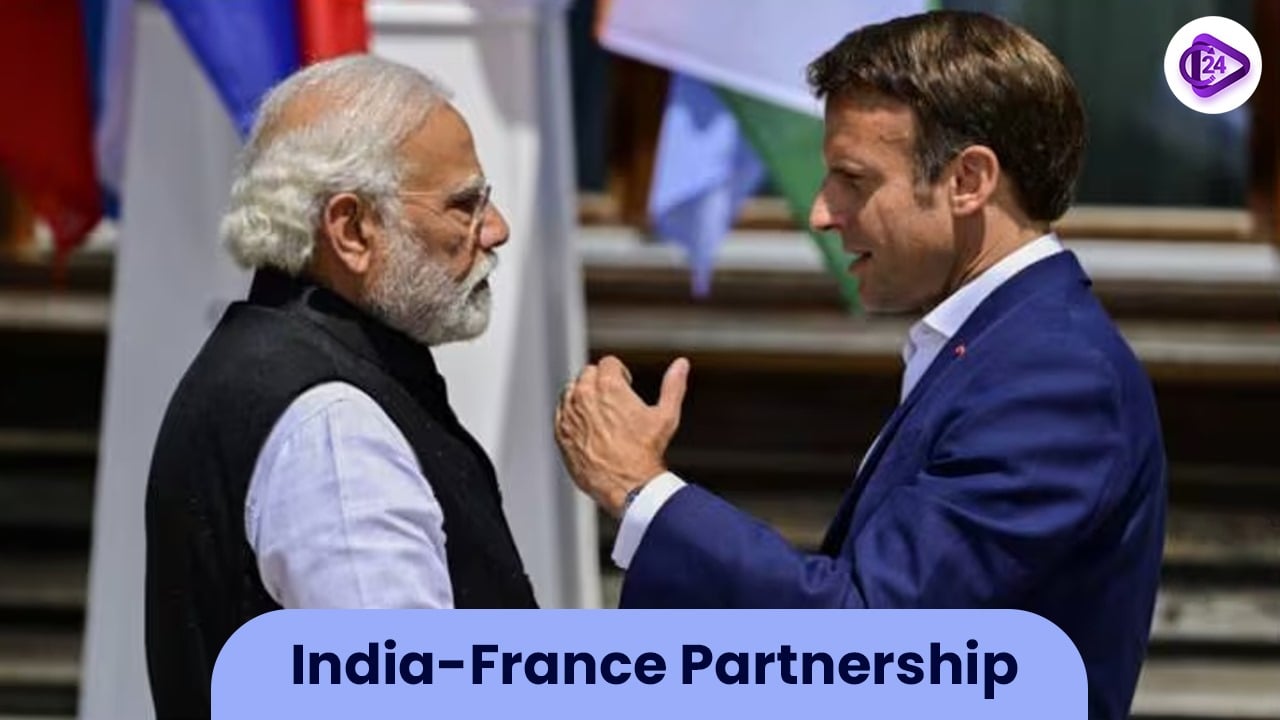 India-France Partnership in High-End Technology Sectors
India-France Partnership in High-End Technology Sectors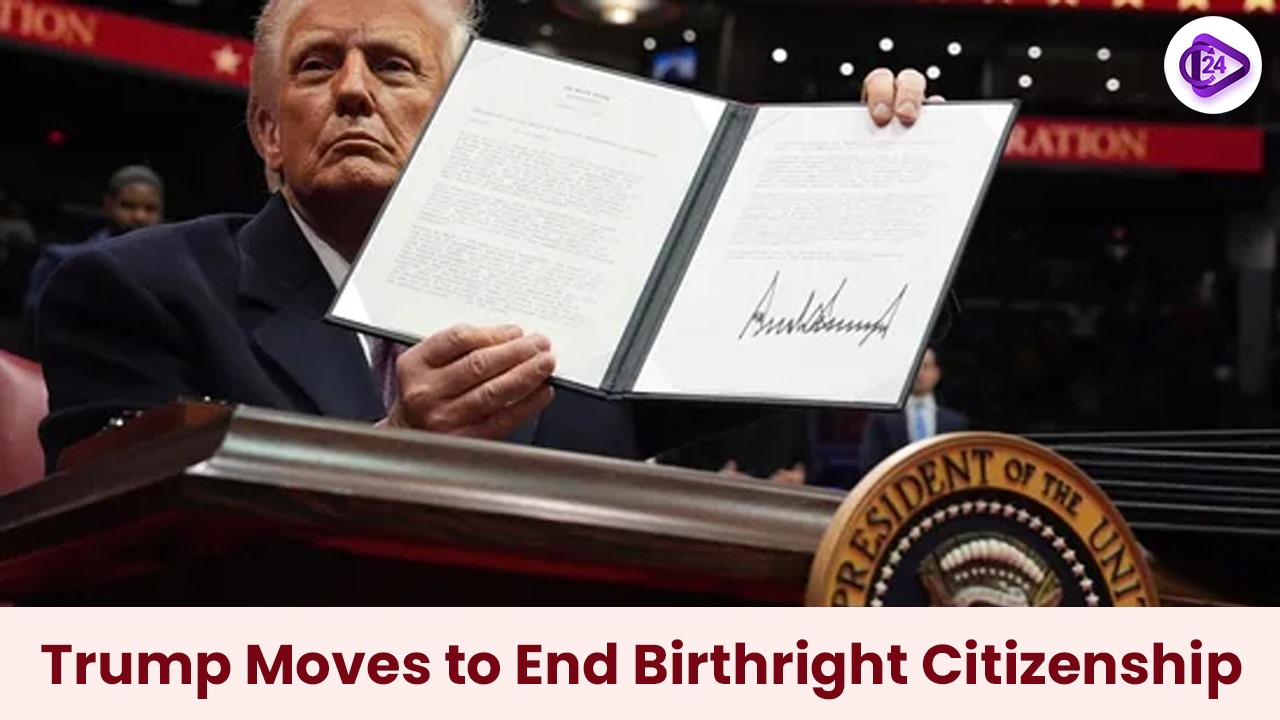 Trump Moves to End Birthright Citizenship: Key Changes & Impact on Indian Nationals
Trump Moves to End Birthright Citizenship: Key Changes & Impact on Indian Nationals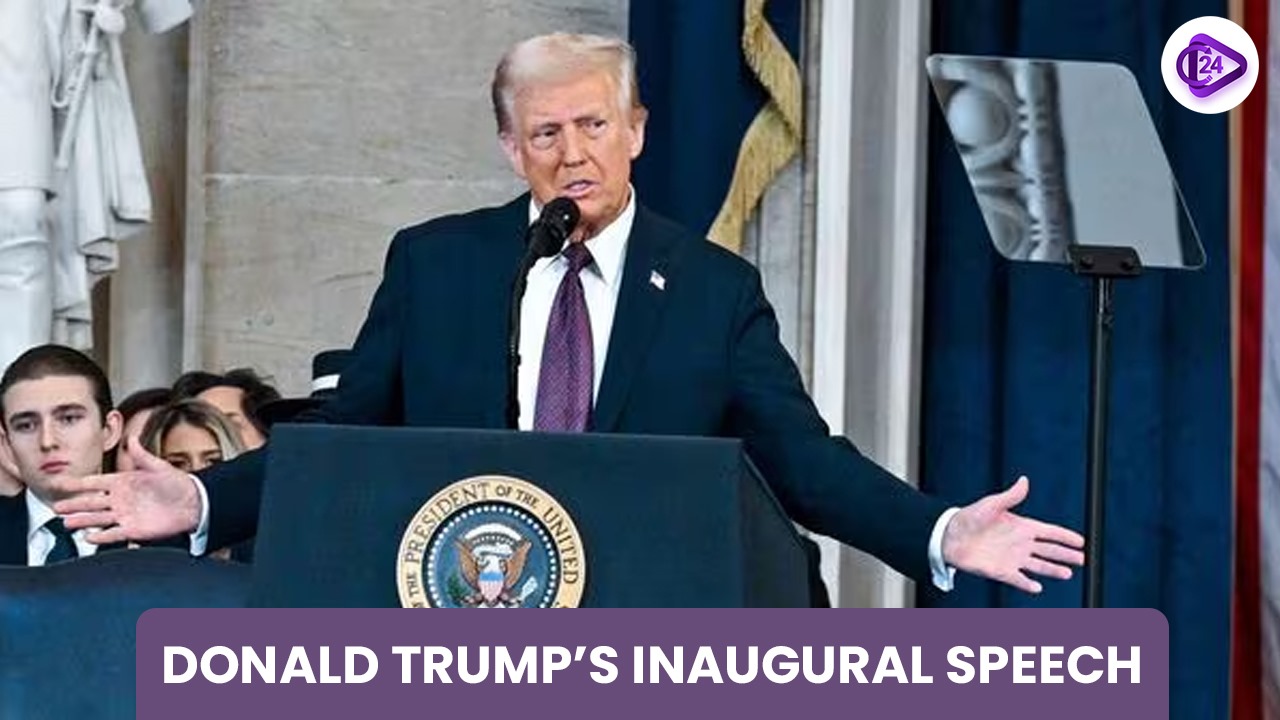 President Donald Trump's Inaugural Address as the 47th President of the United States
President Donald Trump's Inaugural Address as the 47th President of the United States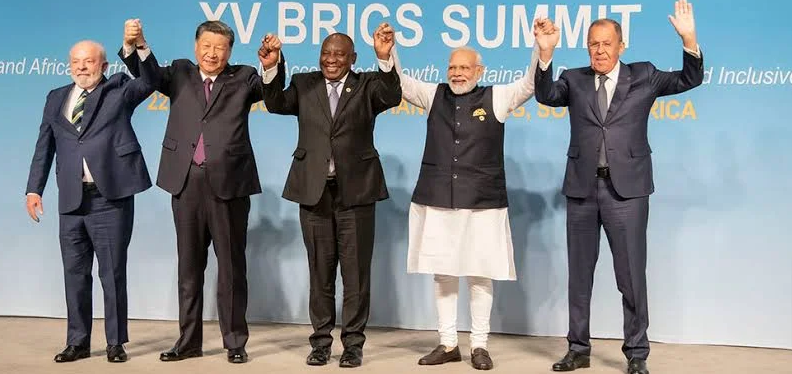 Nigeria Joins BRICS: A Milestone in Global South Collaboration
Nigeria Joins BRICS: A Milestone in Global South Collaboration Sri Lanka to Receive Highest FDI from China
Sri Lanka to Receive Highest FDI from China U.S. Sanctions on Russia’s Shadow Fleet: Implications for India’s Oil Imports
U.S. Sanctions on Russia’s Shadow Fleet: Implications for India’s Oil Imports





